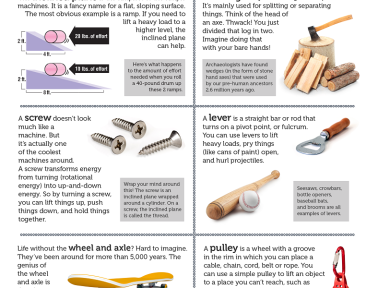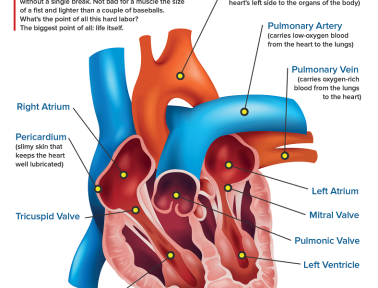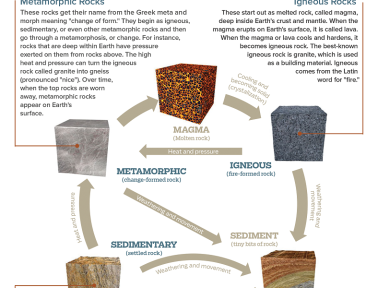” Where is the shame?”
It’s a reasonable inquiry. There seems to be a no-fault plan in our society today. Politicians speak about things as independently “happening” as opposed to as points that take place as a product of their actions. Celebrities are captured in rumor and merely bat their eyelashes as their careers actually obtain a boost. And kids who make inadequate options are relieved of any kind of as well as all consequences.
Currently, I’ll have to leave political leaders and also celebs in their very own classification. I’m right here to cover kid growth, and they are (supposedly) grownups.
When we speak about children and youngster advice, we are typically reminded not to make use of pity. That’s guidance I sustain. Putting down or berating a child is not a device that yields long-lasting, healthy outcomes. But an evasion of pity in our culture appears to be overcompensating and blotting out recognition of regret as well.
It’s as though the two have become associated.
It’s important that we understand the difference in between shame and shame.
As Brene Brown, that has spent her job looking into embarassment, explains in the TED talk listed below:
” Embarassment is not sense of guilt. Embarassment is a focus on self. Guilt is a concentrate on behavior. Embarassment is, “I misbehave”. Sense of guilt is, “I did something poor”.
In my own interpretation, pity is about self-concept. Sense of guilt is about feeling.
Sense of guilt is a straightforward and also beneficial emotion. As well as just as with other emotions, we need to not skip over the guilty sensations a youngster experiences. As Brown takes place to link, sense of guilt is the emotion that at some point leads us to claim, “I’m sorry. I made a mistake.”
Like other emotions, we acknowledge sense of guilt (” It seems like you really feel severely regarding damaging Nana’s teacup.”), we empathize as well as validate it (” It’s OK to feel a little guilty often. It reveals that you appreciate people and also want to make far better selections.”), and also we use it as we problem fix (” What do you believe you could do to aid Nana really feel far better and perhaps help on your own feel much better as well?”).
Acknowledging sense of guilt, taking possession, as well as recognizing exactly how to do something healthy and balanced regarding it is a need. And also study tells us why.
As Brown mentions, embarassment is extremely correlated with addiction, depression, physical violence, hostility, and a host of various other adverse outcomes. Sense of guilt nonetheless, is vice versa correlated with those very same things.
We shouldn’t shame youngsters. We do not battery them with adverse labels, informing them they are bad, and also we don’t utilize shame or public shaming as a tool for forming actions. We do not ask to pay consistently for their previous blunders, and we don’t confuse what they do with that they are. The mental price of shame on emotions and connections is too expensive. A youngster is greater than his or her actions.When it comes to be too tough to separate both, embarassment will certainly always remain in view.
But when children feel badly about something, we shouldn’t race in also quickly to take that awkward sensation away. We don’t ask to wallow in it, however we don’t ask to disregard it either. Regret is an emotion, triggered by an activity. It’s a part of being human, social, and caring. Those who really feel neither shame nor pity are essentially lunatics.
Our task as moms and dads and instructors is not to save our kids from sensations of regret, but to educate them (as with other feelings) to identify it as well as reveal it in healthy as well as productive means.
( * Considering embarassment and also guilt may have a bit of a message for ourselves as parents as well as educators too. Listen to the talk listed below, and afterwards look into the collection The Myth of Perfect Parenting. *)
More Warmth:
Toddler Discipline Without Embarassment Janet Lansbury
” Great” Children– at What Cost? The Secret Price of Shame
Do You Embarassment Your Kid? Aha! Parenting
What do you believe? Exists area for guilt in healthy and balanced youngster advancement?










